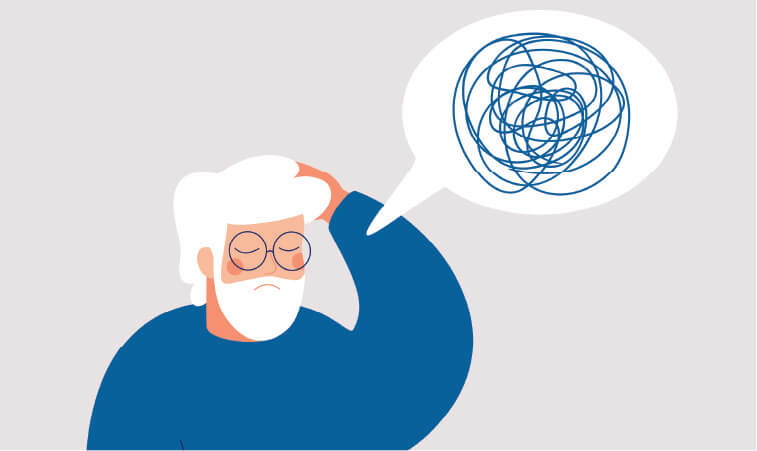ADHD Attention-Deficit or Hyperactivity Disorder and anxiety are two prevalent mental health challenges that often go hand in hand, particularly in adults. Navigating the complexities of adult life while dealing with these conditions can be daunting, but it is essential to remember that resilience and renewal are attainable. For many adults with ADHD, the struggle to maintain focus, stay organized, and manage impulsivity can lead to heightened anxiety. The constant fear of forgetting tasks, overlooking details, or underperforming at work or in personal relationships can be overwhelming. However, the first step towards resilience is acknowledging these challenges and seeking help. One of the most effective ways to confront ADHD and anxiety as adults is through a multidisciplinary approach. This typically involves therapy, medication, and lifestyle modifications. Cognitive-behavioral therapy CBT can help individuals with ADHD and anxiety recognize and challenge negative thought patterns, develop coping strategies, and improve their executive functioning skills.

Medication prescribed by a qualified healthcare provider can also alleviate symptoms, making it easier to focus and manage anxiety. In addition to professional help, lifestyle changes play a crucial role in building resilience. Regular exercise can boost dopamine levels, improving attention and mood regulation. Adequate sleep and a balanced diet contribute to overall well-being and can help manage symptoms. Implementing mindfulness practices, such as meditation and deep breathing exercises, can reduce anxiety and increase focus. Moreover, adults with ADHD and anxiety should aim to create an organized and structured environment. Utilizing calendars, to-do lists, and reminders can help keep tasks manageable. Breaking tasks into smaller, more manageable steps can make daunting projects seem less overwhelming. Building routines can also provide stability and predictability, reducing anxiety triggers. Another crucial aspect of resilience is self-acceptance. It is important to recognize that ADHD and anxiety are not character flaws but medical conditions.
Embracing one’s unique strengths and challenges can lead to self-compassion and a greater sense of control over these conditions. Additionally, finding a support system is vital. Connecting with others who share similar experiences can provide validation and valuable insights. Support groups, both in-person and online, offer a safe space to discuss challenges and successes, fostering a sense of belonging. In the pursuit of resilience and renewal, it is important to acknowledge that progress may be slow and setbacks are normal. However, with patience, determination, and a comprehensive approach to treatment and self-care, adults with treatment for adhd adults and anxiety can confront these challenges and thrive. In conclusion, Confronting ADHD and Anxiety as Adults is an ongoing journey. By seeking professional help, implementing lifestyle changes, building a structured environment, practicing self-acceptance, and finding support, individuals can not only confront but also overcome these challenges. Remember, resilience is not the absence of struggles but the ability to bounce back from them, stronger and wiser than before.